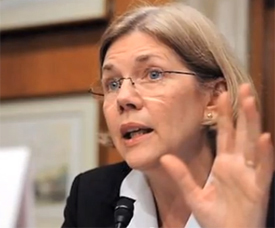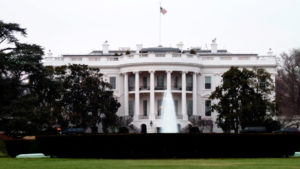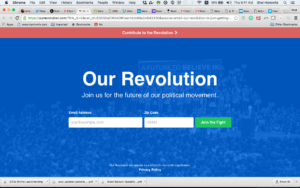10 Reasons to Resist Nonviolently, Chanukah, And Barbara Kingsolver’s Message
For many of us, we are one month away from the greatest threat to democracy in the history of our country. The incoming administration presents a threat greater than the Alien and Sedition Acts under John Adams…the persecution of antiwar activists in World War I and the Palmer Raids that followed that war…the McCarthy witchhunts…the George W. Bush coup and the illegal, immoral wars that resulted.
Tonight is the first night of Chanukah. The word “Chanukah” means “dedication,” and celebrates the rededication of the Temple in Jerusalem after throwing out the occupiers. I am dedicating this blog post to all those who feel threatened by a president-to-be who has repeatedly spoken out in hatred and incited violence against Muslims, immigrants, people of color, women, even people with disabilities, and who has done nothing to quell the violence of his supporters against these groups as well as people who identify as LGBTQ and Jews.
It also happens to be my 60th birthday. I made my first action for social change at age 3, and became serious about activism at 12. I’ve been doing what I can to create a better world ever since, and I will “not go gentle into that good night”
I have personally been actively organizing ever since the morning after the election. I’ve attended meetings on how to be an ally for people facing hate crimes in the streets or ICE agents on their doorstep. I’ve written to DT making the business case for keeping the Paris climate accord and I’ve written on how social entrepreneurs can still thrive in the coming years. I’ve signed what feels like hundreds of petitions, made dozens of phone calls, reached out to dozens of activists to show a path of hope and action, attended a “where do we go from here” mass meeting with about 800 people, and marched in front of the nearest state capital while the electors voted—and in the streets of nearby cities for several rallies.

I’ve just read two different articles that I wish I’d written.
First, in the Washington Post, a great analysis by Erica Chenowith of the power of nonviolent action, with links to excellent primary sources. She lists 10 different ways nonviolent resistance out-accomplishes violent resistance—with examples including the tens of thousands saved by nonviolent resistance to the Nazis. This is a tiny fraction of the total. The brilliant nonviolence historian Gene Sharp listed 193 different nonviolent activist tactics, decades ago. By now, the number is probably much higher.
And second, an essay by Barbara Kingsolver on why we cannot sit back in paralysis, how we have to act. She recognizes that many of us are grieving. More importantly, she recognizes our tendency as liberals, to make our accommodations and be good citizens, just as we were under Reagan and both Bushes.
But, she says, this time is different. We have no obligation to cooperate with a president who:
- Trumpets an agenda of repression, completely at odds with the wishes of most Americans (even many who voted for him)
- Has no mandate (having lost the popular vote by the largest margin of any “winning” presidential candidate in history)
“We went to bed as voters, and got up as outsiders to the program,” she writes. And provides a nice list of ways we can agitate and organize, even if we see ourselves as polite Boomers who long ago left behind the 1960s-70s politics of the streets.
Personally, I never left the streets behind. But it’s been nice, in recent years to march as often to celebrate victories as to protest injustice. We may not have that luxury very often in the next few years. But that doesn’t mean we crawl into a hole and give up.
Its perhaps fitting that I found both of these stories through Mary Jane Sullivan, whom I met on an activist bus to an organizing conference in 1978, and who was my housemate for my last year and a half in Brooklyn, 1979-80. Like me, she has spent her whole life fomenting positive change. There are millions of Boomers like us, and millions of Millennials like my kids, who still see activism as a key component of our lives.
We will NOT be silenced!








